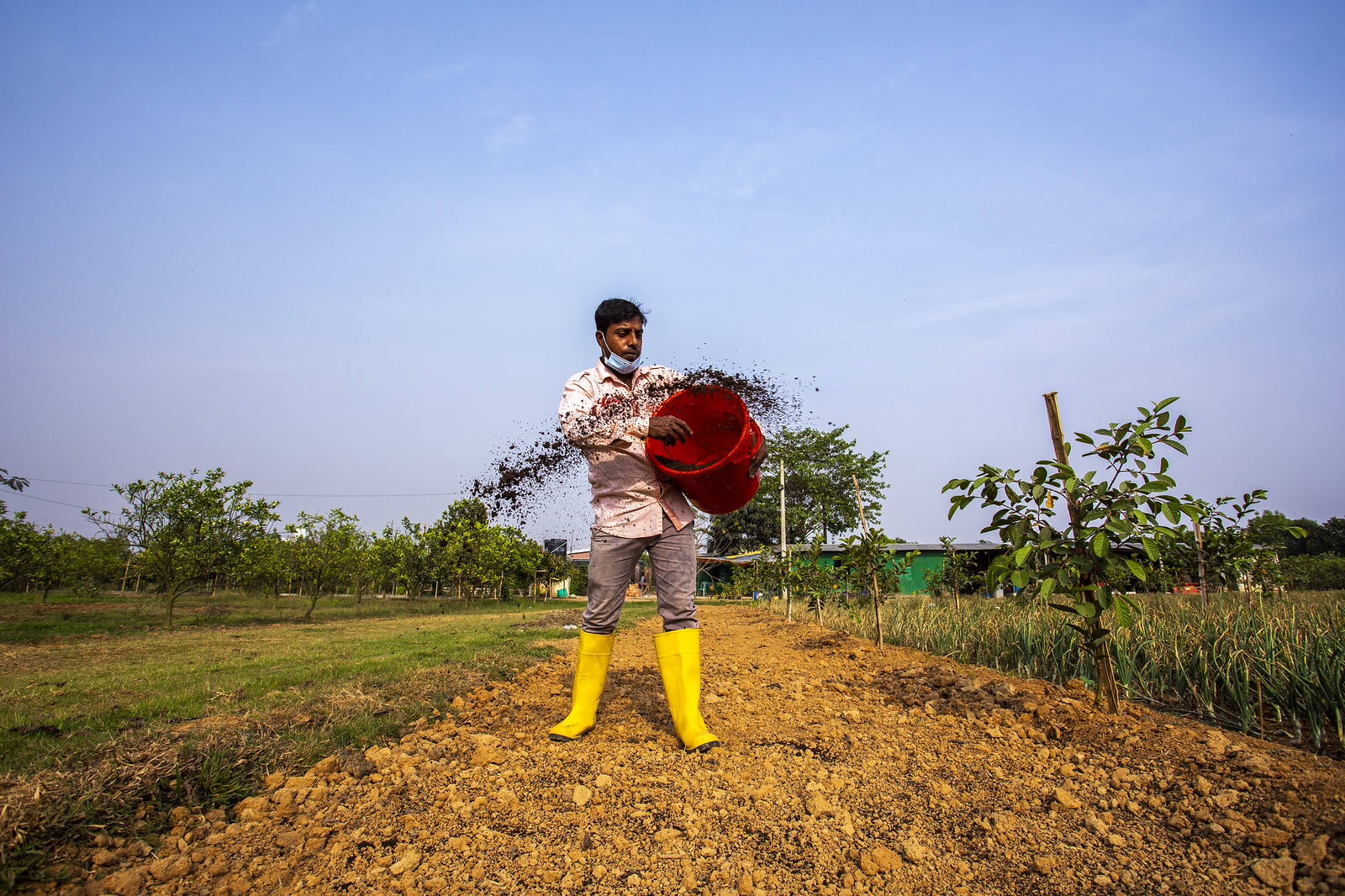
The youngsters of any country naturally do bear many vital qualities: physical fitness, enthusiasm, commitment, teamwork, inquisitiveness etc. needed for the desirable augment of any platform. And our beloved motherland agrarian Bangladesh has lots of youngsters to achieve the SDG in the vital arena of agriculture bearing the worth notable credibility to contribute in her GDP (>20%).
In the past, agriculture was just to sustain the human civilization. But by gaining huge experiences from the long past, diverse efforts like planning, teaching, research, training, motivational works, financing, industrialization, mechanization, export-import business etc. were and even now too are explored in the developed countries. Hence, their agriculture has been elevated at the modern status with the turnover of trillions and trillions of dollars per year. In contrast, our agriculture is the blooming one by getting the blessings of the holistic approach from various stakeholders: farmers, government, planners, universities, researchers, extension people, businessmen, journalists, industrialists, etc. Nevertheless, it is the high time to intensify all the agro-promotional activities through the rational handling of the valued youngsters: the targeted group of this topic.
The universities are producing agro-technologists for its diverse sub-sectors: crops, fisheries, livestock etc. Nonetheless, to handle those lucrative avenues from the grass root levels up to the apex, the country has a crying need of lots of well-trained agro-technicians bearing the rational commitments and morality to go ahead as doable. Thus, sufficient number of the youngsters are to be trained-up in diverse fields: floricultural business, nursery business, production of high valued crops with GAP, fruit processing, fish processing, meat processing, dairy farming, beef fattening, poultry rearing, hatchery business, etc. as per their choices to be either self-governing moguls or at least to act as the business associates of the flourished tycoons in the agricultural galaxies. In addition, the training courses must include the strategies of export business, plant quarantine, food safety, environmental issues, etc. too of the international standards. So, concerned ministries can set joint training programs to achieve the aforesaid goals in collaboration with the experts from the universities, research organizations, extension organizations and other related agencies, e.g. FAO, WB, IDB, EPB, Hortex Foundation, etc.
Lastly, after successful completion of the valued training programs, the participants may be registered, and a professional society for them may be formed too. Furthermore, they are to be patronized with soft financial, strong technical and other logistic supports as the situation demands. The society could organize symposia to share their experiences, SWOT analyses of the training and the promotional activities, feedback of the faced constraints to the concerned authorities, publication of newsletters on their success stories, congratulate their notable performers, etc.
Finally, it may be opined with full confidence that, if all the things can be thrusted ahead as per the proposed track having required amendment(s) to suit with the governmental policies, such well-trained youngsters may pave the pathway to touch the expected destination of sustainable agricultural development in Bangladesh and also uplift their own fates as well.
Professor T. M. T. Iqbal
Dept. of Horticulture
Hajee Mohammad Danesh Science & Technology University (HSTU)
Dinajpur, Bangladesh










